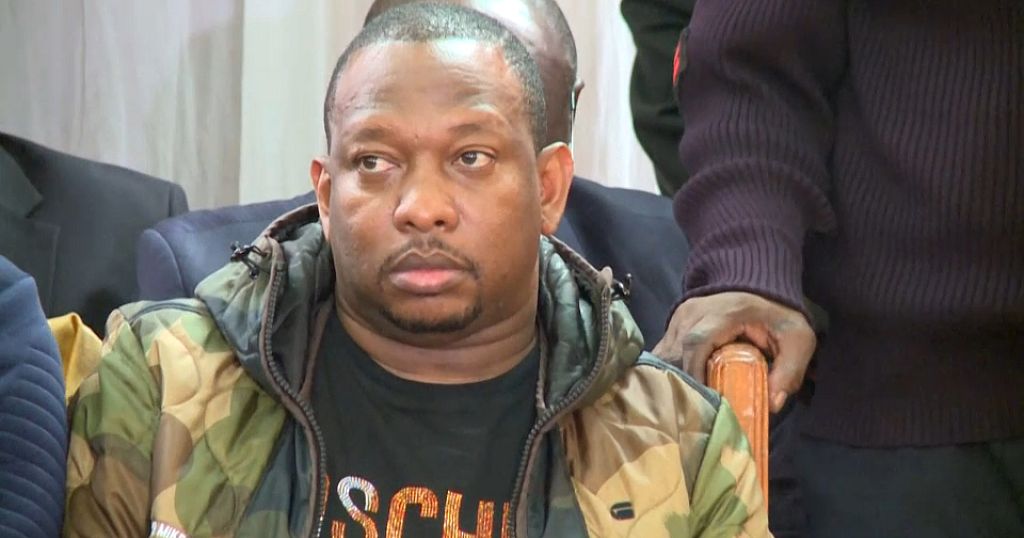“While the two campaigns obviously have their differences,” she added, “they are working together to try to promote the health and safety of their teams, those who interact with the campaigns, and the American people.”
Advisers to Mr. Sanders have begun to make peace with the fact that he will in all likelihood lose the nomination to Mr. Biden. But they also see no real downside in sticking it out, pointing to the uncertainty surrounding the primaries because of the coronavirus.
Mr. Sanders also views the crisis as a moment when the progressive agenda he has championed for years is especially vital, and he is eager to leverage his influence at a time when issues like health care and economic inequity are so resonant, some allies say.
On Tuesday night before most polls closed, he released a list of proposals to deal with the crisis, including that Medicare cover all medical bills and that $2,000 cash payments be provided to every American each month. He has indicated he plans to speak with Democratic leadership about the plans he has proposed.
And one aide said there had been regular discussions in the last several days about ways the campaign can help working families who may be stuck at home, including putting together programming for children to occupy them during the day.
After years of being excluded from what he sees as the party’s establishment clique, Mr. Sanders is also still determined to show that he is a superior candidate to Mr. Biden, whom he views as the establishment’s choice, some close to him say.
On the debate stage on Sunday, he delivered pointed attacks on Mr. Biden’s record in a way that vexed Biden supporters and left some Democrats wondering aloud if he might weaken the presumptive nominee in the general election against Mr. Trump.

 General News1 day ago
General News1 day ago
 General News2 days ago
General News2 days ago
 General News1 day ago
General News1 day ago
 General News14 hours ago
General News14 hours ago

